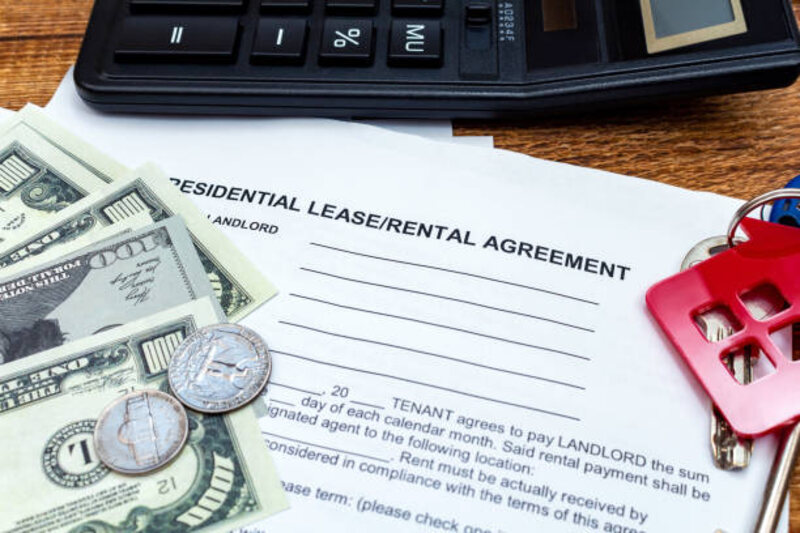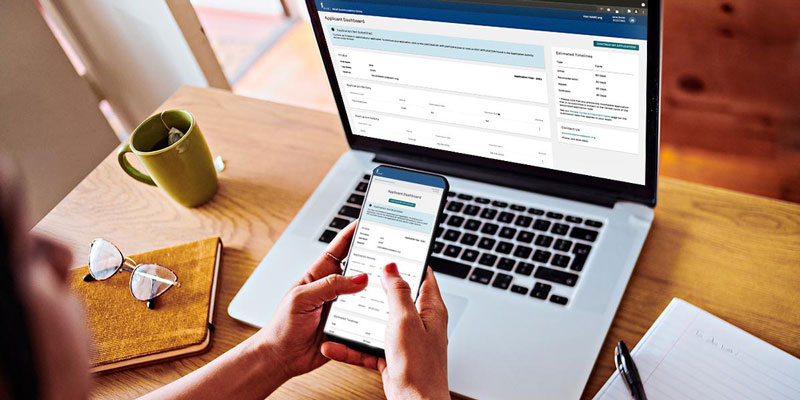Are you struggling to make ends meet? Economic hardship is a reality for many during times of financial strain. If you’re having difficulty paying your student loans, economic hardship deferment might be one way to manage your monthly payments and help keep your finances in order. But what exactly is economic hardship deferment and how can it help you? In this blog post, we will talk about what an economic hardship deferment is, who qualifies, the pros and cons of using it and other options available that provide relief from debt repayment hardships.
What is Economic Hardship Deferment and who qualifies?
Economic hardship deferment is a lifeline that many people facing financial difficulties rely on to keep their student loan payments in check. This program allows eligible borrowers to pause their payments on student loans for up to three years, giving them some much-needed breathing space to get their finances in order.
To qualify, borrowers must meet certain criteria, such as experiencing a significant reduction in income, unemployment, or serving on active duty with the military. It's important to note that the program is not automatic, and borrowers must fill out an application to request deferment. By taking advantage of economic hardship deferment, borrowers can avoid late payments and ensure that they don't fall behind on their student loans.
How to apply in Economic Hardship Deferment?

If you are struggling to make payments on your federal student loans due to financial hardship, you may qualify for an Economic Hardship Deferment. This deferred payment period allows you to temporarily suspend your loan payments, giving you time to get back on your feet. To apply for this deferment, you will need to complete a form that is available on the Federal Student Aid website.
You must meet certain qualifications, such as receiving federal or state assistance, serving in the Peace Corps, or having low income. Keep in mind that interest may continue to accrue during the deferment period, so it is important to understand the terms and conditions before applying. By applying for an Economic Hardship Deferment, you can alleviate some of the financial burden of student loan debt and focus on getting back on track.
Alternative Solutions to Consider When Applying for Economic Hardship Deferment:
If you are facing economic hardship and are struggling to make your student loan payments, you may be eligible for a deferment. While the economic hardship deferment is certainly one option, it's important to be aware of other alternatives that may be available to you. For example,
- You could consider an income-driven repayment plan that adjusts your payments based on your income and family size.
- Another option is to apply for forbearance, which allows you to temporarily suspend your payments.
- It's important to explore all of your options and carefully consider the pros and cons of each before making a decision.
There's no one-size-fits-all solution when it comes to managing student loan debt, and what works for one person may not work for another. So take the time to do your research and find the solution that's right for you.
Planning Ahead - Ways to Avoid Financial Stress in the Future:

Planning for the future is key to avoiding financial stress. By taking small steps now, you can secure a better financial future for yourself and your loved ones.
- One of the most effective things you can do is budgeting. Know your expenses, set priorities, and be mindful of your spending.
- Another way to plan ahead is to start saving early. Even putting away a small amount each month can add up over time.
- Investing in retirement accounts, such as a 401(k) or IRA, is also crucial to ensuring a comfortable retirement.
- Consider seeking the advice of a financial advisor. They can provide valuable insight into how to best allocate your funds and help you plan for the future.
By taking the time to plan ahead now, you can avoid the stress of financial uncertainty in the years to come.
The Impact of COVID-19 on Economic Hardship Deferment Policies:
The COVID-19 pandemic has brought about important changes in various facets of our lives, including how we handle economic hardship deferment policies. Today, many people are experiencing financial difficulties due to job losses and pay cuts. As more and more businesses shut down or reduce their operations, individuals are left with fewer options to pay their bills and other expenses. In light of this, different financial institutions and loan providers have made adjustments to their deferment policies to ease the burden on their customers.
These changes will undoubtedly have a huge impact on the financial well-being of individuals and families affected by the pandemic. Keeping abreast of these changes can help us better navigate this difficult period, and stay on top of important decisions that could affect our financial future.
Conclusion:
Economic hardship deferment has the potential to provide much-needed relief for those who qualify and are struggling due to an economic downturn. This is especially beneficial in the context of the current global pandemic. It is important to keep in mind, though, that economic hardship deferment does not always remove payment obligations and may still come with its own set of challenges. As such, it’s essential to carefully consider other solutions, such as loan consolidation or income-driven plans, before applying for this type of deferment.
FAQs:
What are the main advantages and disadvantages of Economic Hardship Deferment?
The main advantage of this option is providing temporary relief from loan payments during periods of financial hardship. However, it's crucial to note that interest will continue to accrue during the deferment period, potentially increasing the total loan amount owed.
What alternatives should I consider before applying for an Economic Hardship Deferment?
Before applying for an Economic Hardship Deferment, you could consider alternatives such as an income-driven repayment plan or forbearance. An income-driven plan adjusts your payments based on your income and family size, while forbearance allows you to temporarily suspend payments.
How has COVID-19 affected Economic Hardship Deferment policies?
The COVID-19 pandemic has significantly impacted Economic Hardship Deferment policies as many people are experiencing financial difficulties due to job losses and pay cuts. As a result, financial institutions and loan providers have adjusted their deferment policies to ease the burden on their customers.



